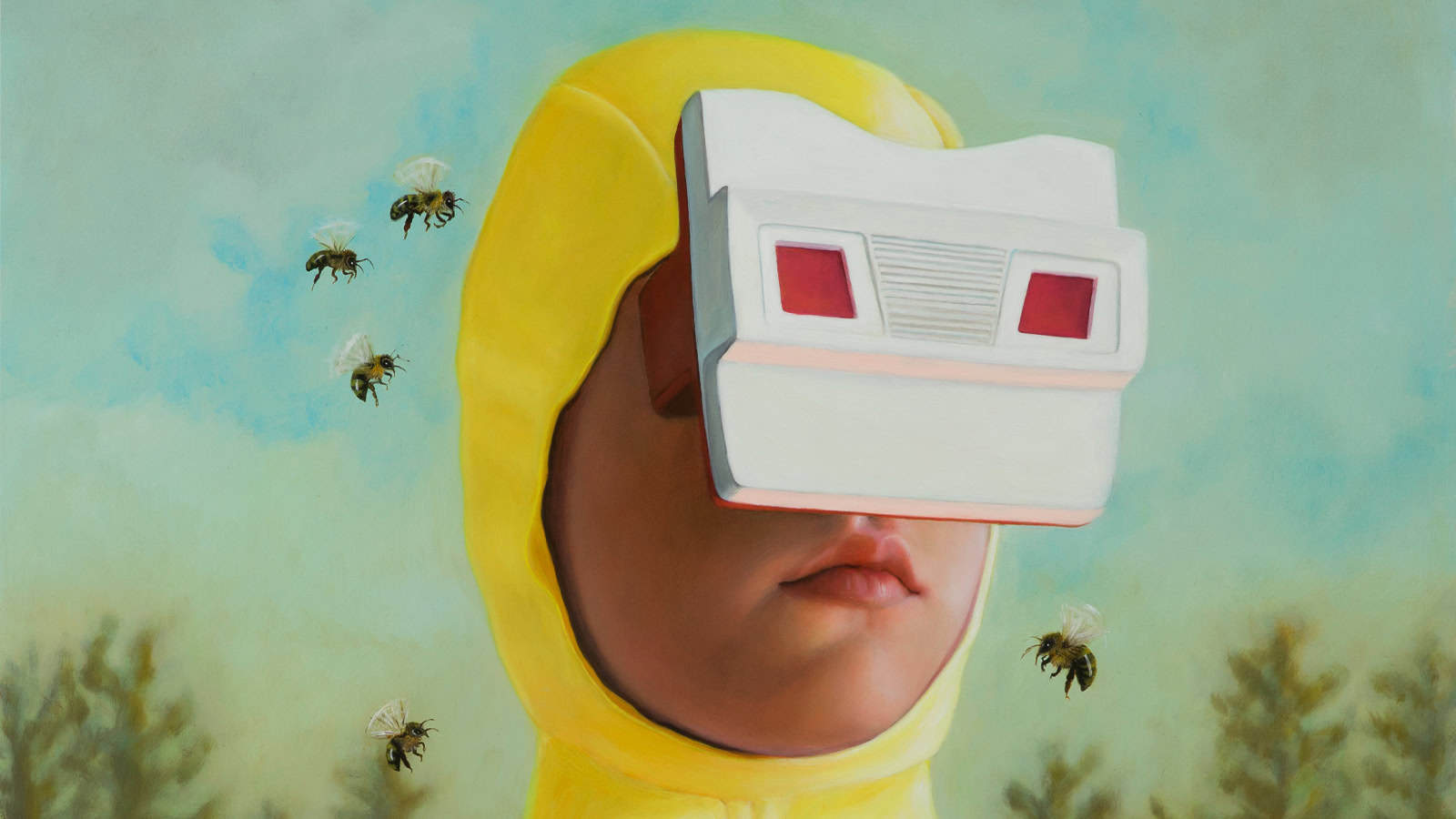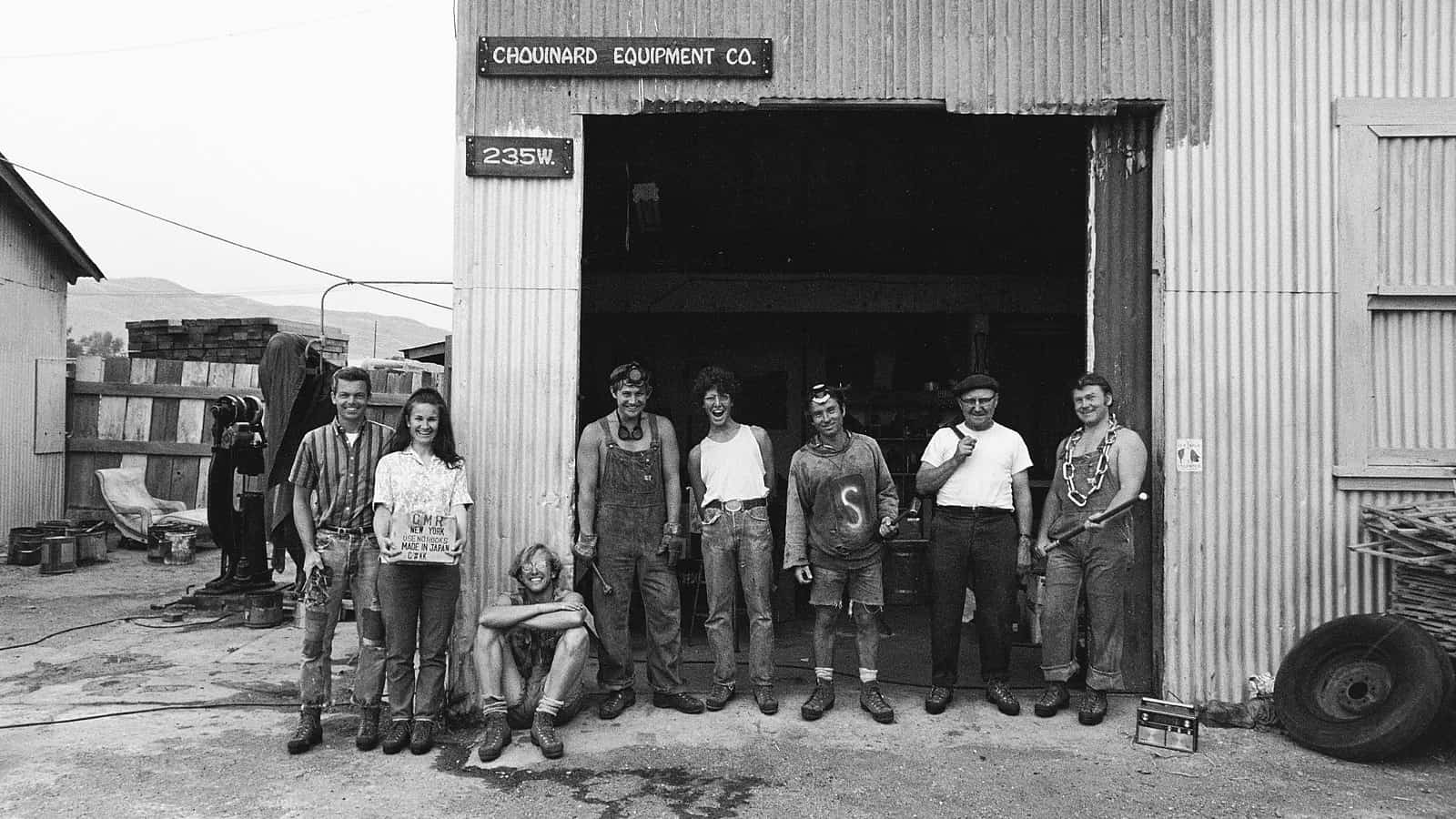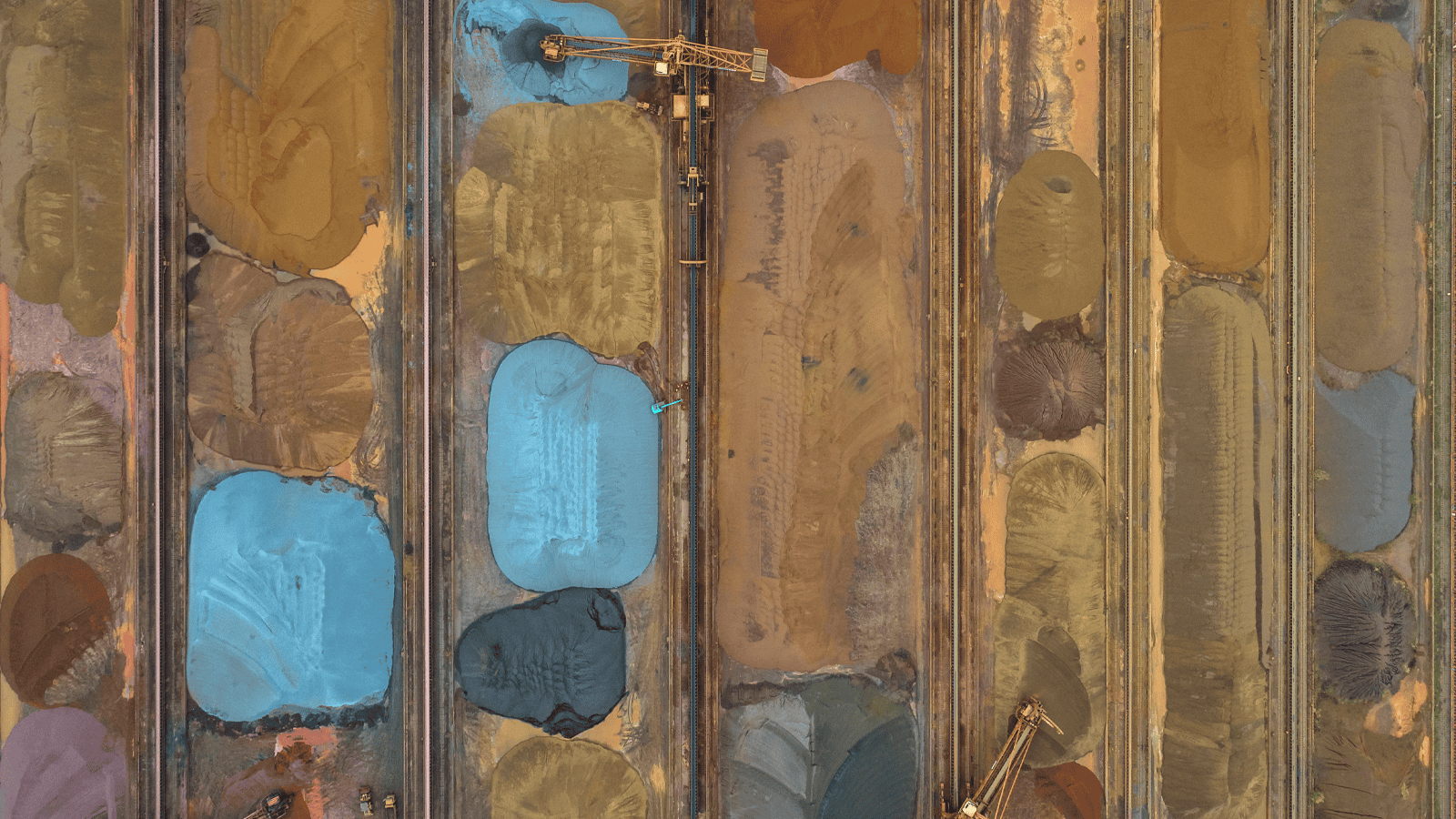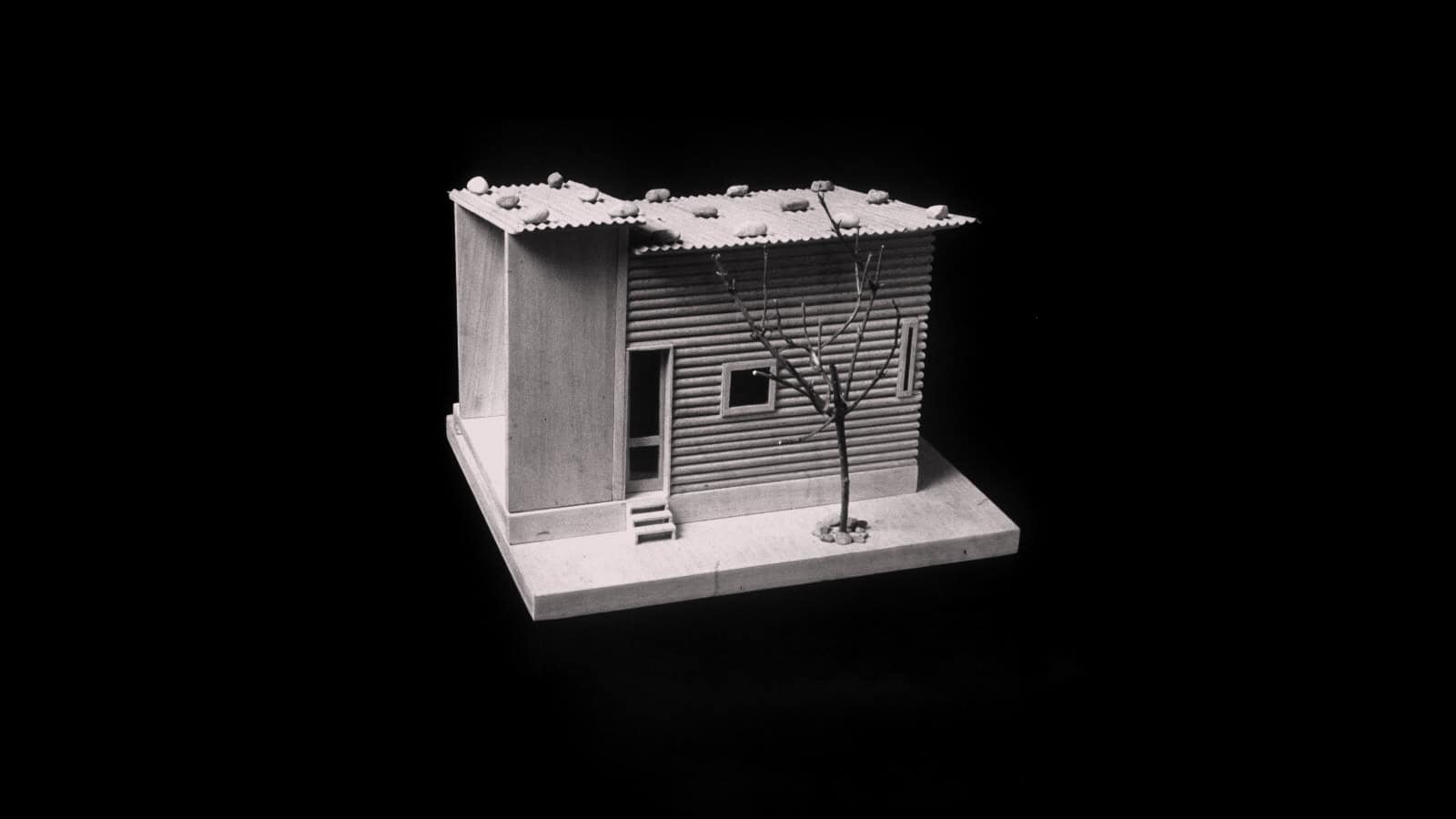
Anthropocene

Anthropocene. Now what?
SUMMER 2019As a side effect of its behavior, humanity is changing the world. The effects of this new era are not just territorial or climatic: they’re philosophical, cultural, anthropological—in one word, structural. We won’t easily get away with this, but we should not despair either. Now what?

Who is responsible for the climate crisis?
It's not the failure of a species, it’s the failure of a system.
by Jason Moore




























